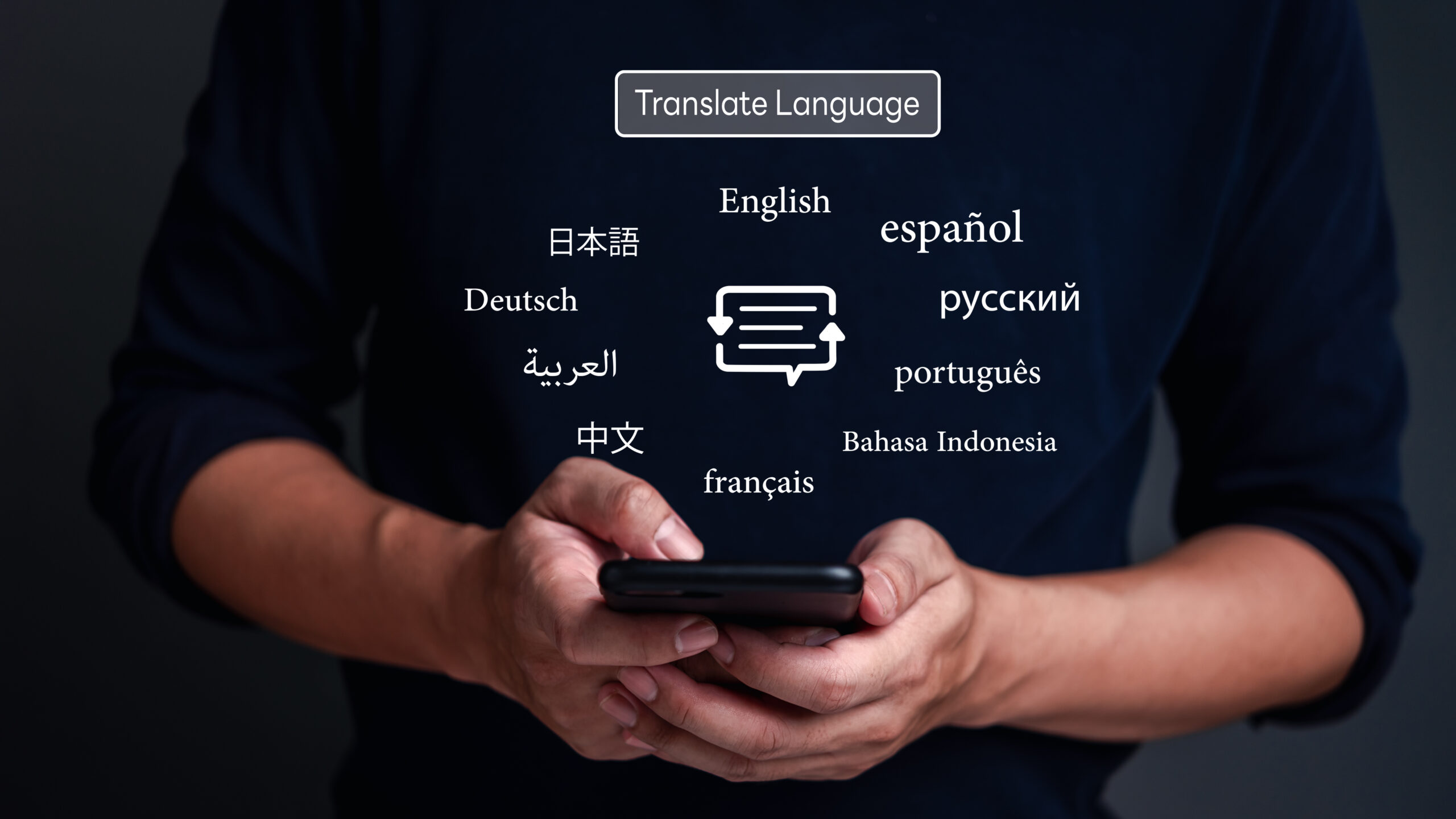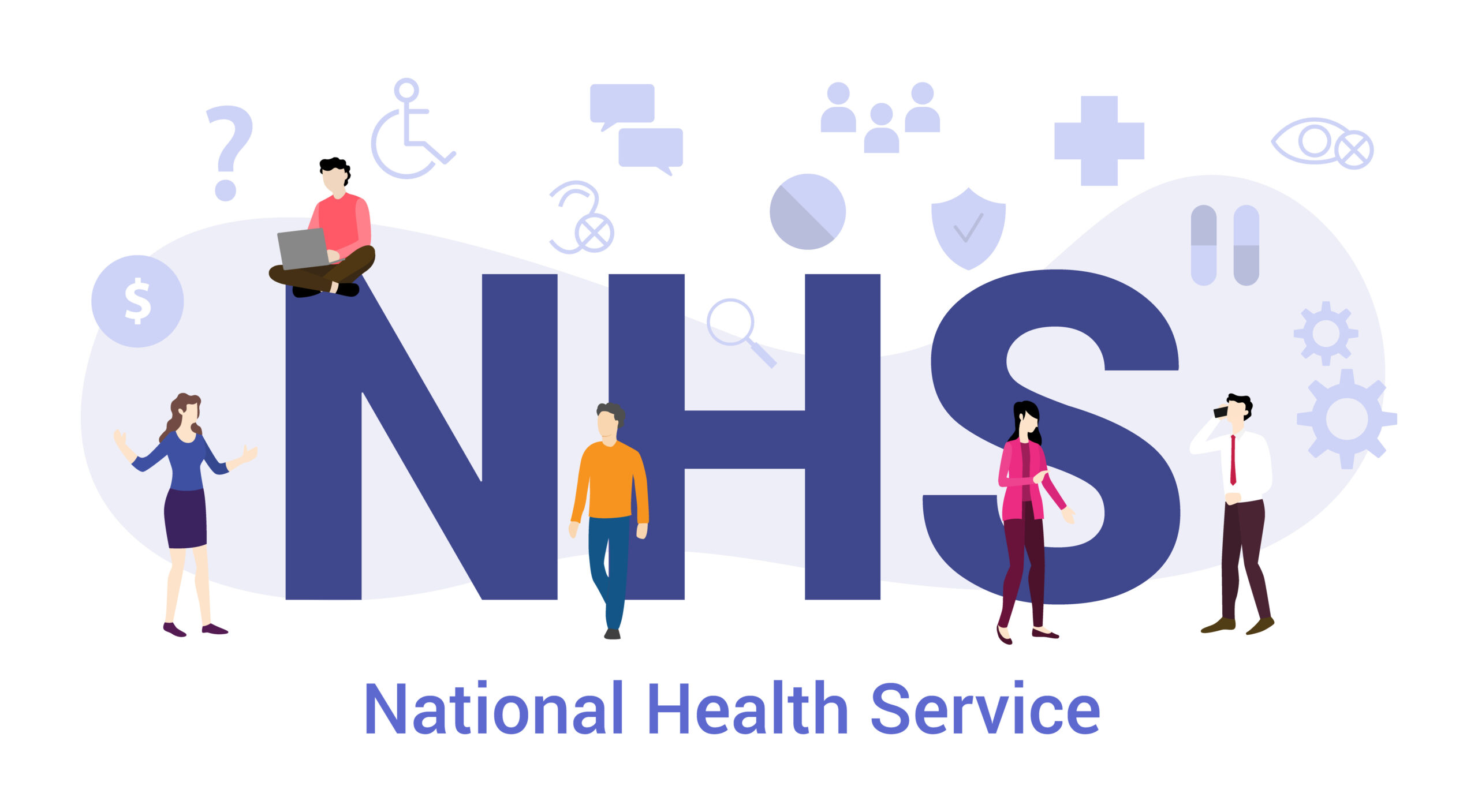Translation Apps for Healthcare: A Blessing or a Curse?

NHS England has advised healthcare organisations to exercise caution when using AI-powered translation apps, citing concerns over accuracy and potential risks to patient safety.
This warning comes as more healthcare providers incorporate these tools into consultations and treatment for patients with limited English proficiency.
The advisory is part of a newly released improvement framework on community language and translation services.
While acknowledging the convenience and efficiency of AI translation apps, the framework also references research from the US National Journal of Medicine, which highlights instances where AI tools and informal interpreters have failed to convey critical medical information accurately.
These limitations can leave clinicians uncertain about whether their guidance has been properly understood.
Key Recommendations
- The framework outlines a series of best practices for interpreting services, including:
- Establishing clear policies and conducting risk assessments before deploying AI translation tools.
- Appointing a dedicated champion within primary care networks to oversee their use.
- Implementing feedback systems for patients and staff to identify any issues.
- Recording language needs within primary care electronic health records.
- Encouraging patient involvement in developing and refining interpreting services.
By setting these safeguards, NHS England aims to ensure that AI-driven translation enhances accessibility while maintaining the integrity of medical communication.

